The Lehigh Valley is a powerhouse of innovation. From Industrial Age titans like Bethlehem Steel to Digital Age pioneers like Allen Organ, companies in the Lehigh Valley have pioneered technology that has shaped the world in which we live. In honor of National Inventors Day, we have curated a list of incredibly consequential innovations made possible in the Lehigh Valley:
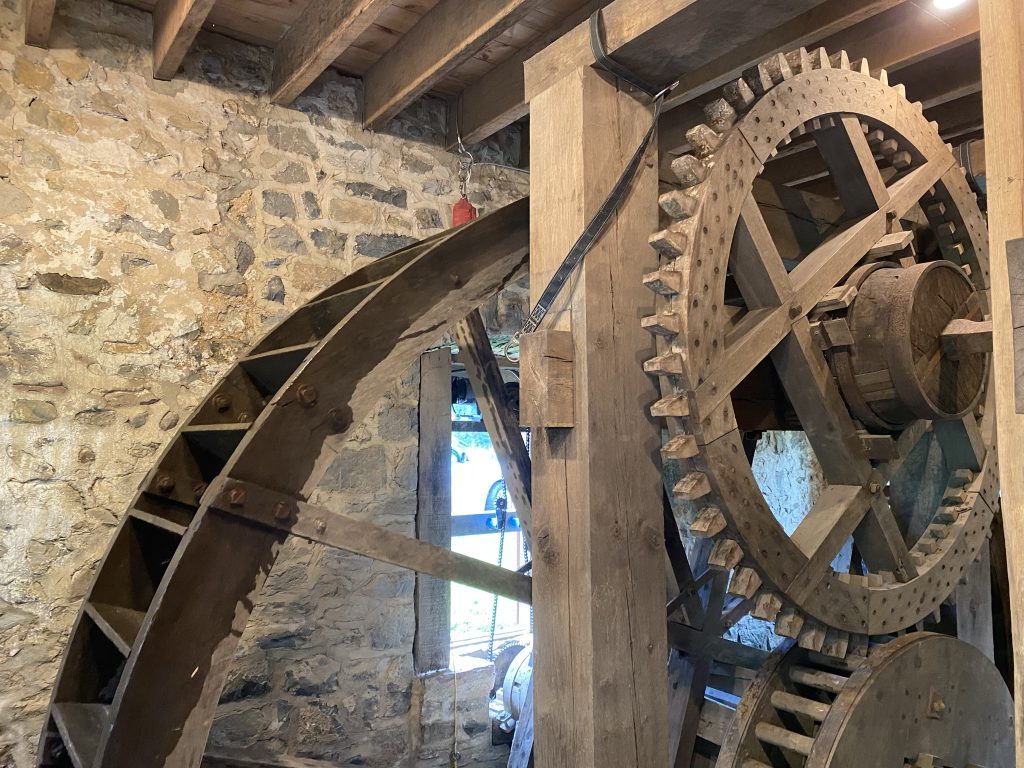
1762 Waterworks
The nation’s first municipal water system debuted in the Lehigh Valley in the 18th century. On the banks of the Lehigh River and Monocacy Creek where Bethlehem was founded, the Moravian missionaries constructed a mechanical system to pump 1.2 million gallons a day from a nearby spring and up 94 vertical feet to a tower. Gravity then fed the water to five cisterns in the town. The 1762 Waterworks is now a National Historic Landmark and part of the district that is in the running to become a World Heritage Site.
https://historicbethlehem.org/?historic-site=waterworks
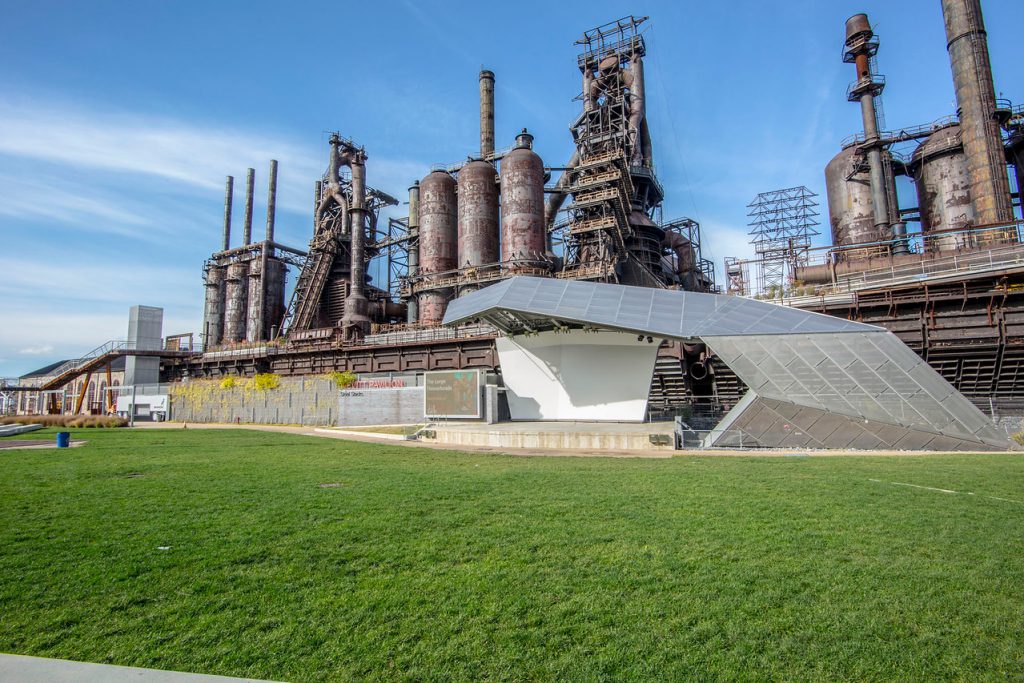
‘H’ Beam
The ‘H’ beam, an engineering feat that helped usher in the age of the skyscraper, was born in Bethlehem. It was a variation of the traditional I beam, which was essentially a column of steel with narrow lips on the top and bottom – I shaped. In Bethlehem Steel’s Henry Grey designed a beam with wider lips so it looked more like a sideways “H,” increasing the beam’s strength and allowing it to support taller buildings. The wide-flanged beam was produced in Bethlehem in 1908 and would go on to be used in high-profile structures like the Metropolitan Life Insurance Co. Tower in New York and the Cadillac Tower in Detroit.
https://www.mcall.com/news/mc-xpm-2007-03-04-3712893-story.html
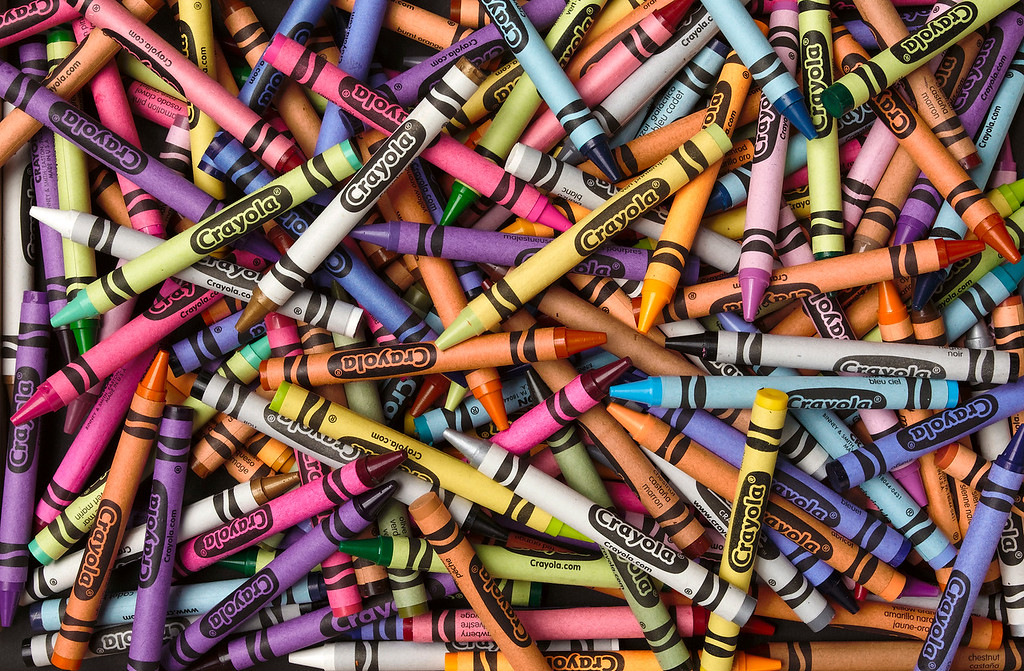
Crayola crayons
The first crayons weren’t invented in the Lehigh Valley – but the improvements made here likely made them a family staple. Binney & Smith Co., a New York manufacturer that began making products like red oxide pigments used for barn paint, moved to Easton at the turn of the 20th century. That’s where the company identified the need for schools to have affordable crayons. It developed a product primarily made from paraffin wax and color pigment. The first box sold for a nickel. The company, now owned by Hallmark, has grown and produces a large portfolio of art tools, crafting activities, and creative toys.
https://www.crayola.com/faq/your-history/who-invented-the-crayon/
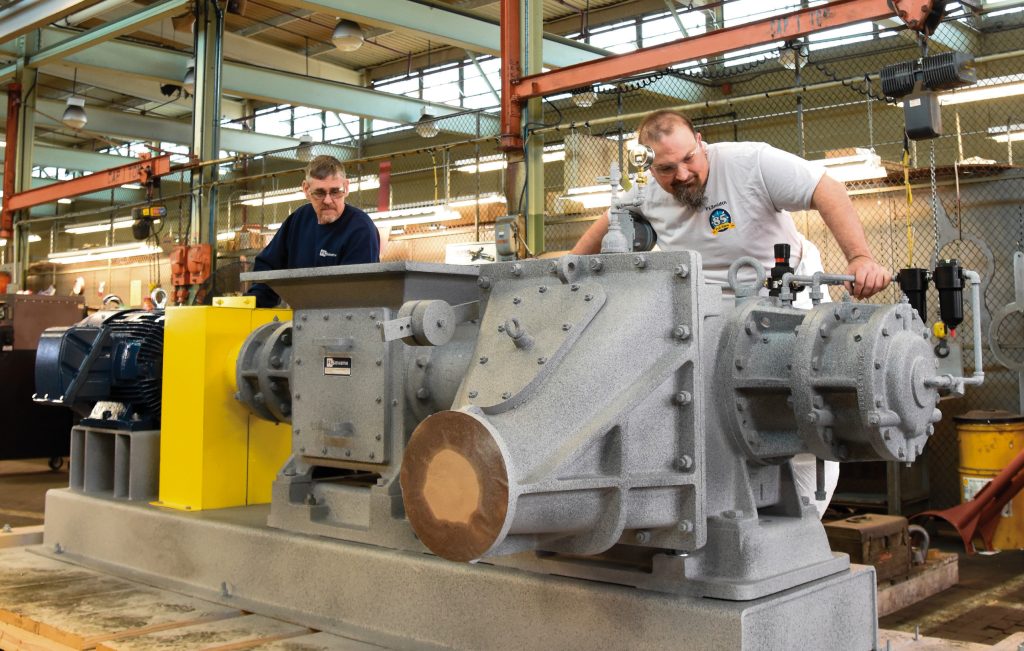
Fuller-Kinyon® Pump
Steeped in cement-making tradition, the Lehigh Valley can lay claim to an invention that revolutionized the industry: the Fuller-Kinyon Pump. The technology was first designed a century ago by namesake Alonzo Kinyon of the Fuller-Lehigh Co. of Catasauqua to move pulverized coal dust, an explosive material, more safely. The pump mixes powder, such as cement or coal dust, with air. That created a “free-flowing, liquid-like condition” which allows the material to be conveyed safely through a pipeline. In 1926, the invention was used to launch a new business, Fuller Company. It was adapted to the cement industry, indelibly changing the production operations. The pump has been improved over the last century and is a staple in the industry. The Fuller Company is now owned by FLSmidth.
https://www.flsmidth.com/en-gb/company/about-us/product-brands/fuller
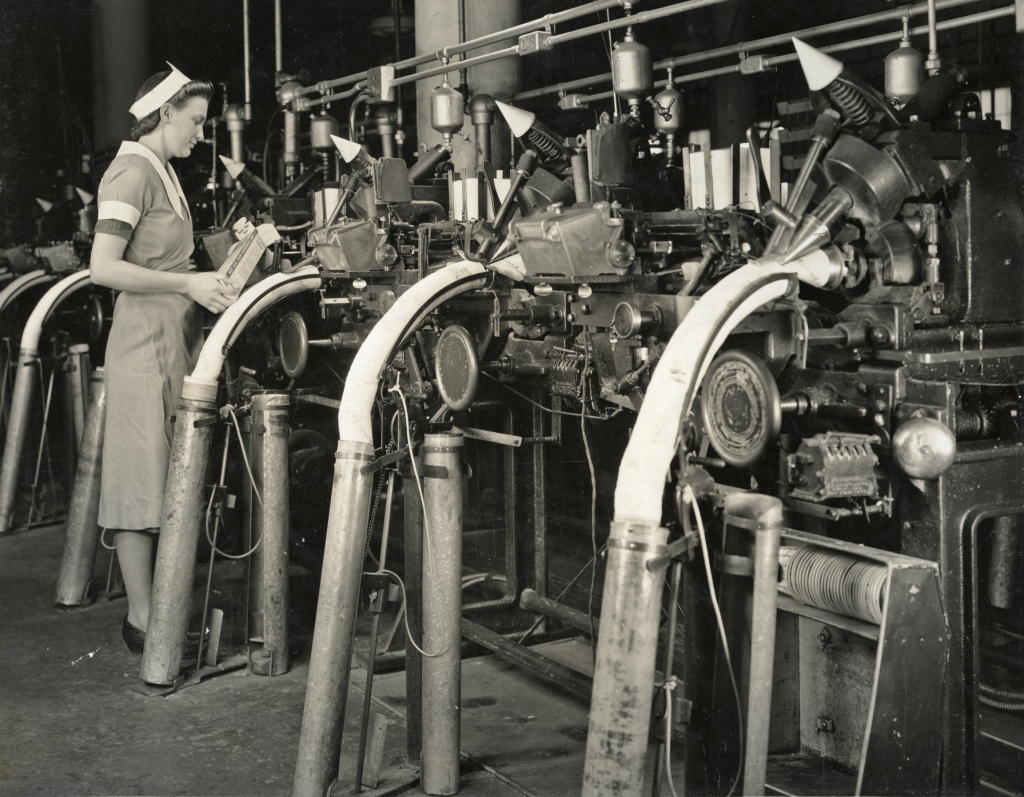
Photo Courtesy of National Canal Museum/Delaware & Lehigh National Heritage Corridor
Ice Cream Dixies
Boston may be where the Dixie cup was dreamed up, but Lehigh Valley was where the company launched other iconic inventions. In 1923, after moving to the Easton area, Dixie pursued the idea of serving ice cream in individual ice cream cups and developed a 2.5-ounce cup that wouldn’t absorb moisture or crumble when filled with ice cream.
https://sites.lafayette.edu/dixiecollection/company-history/
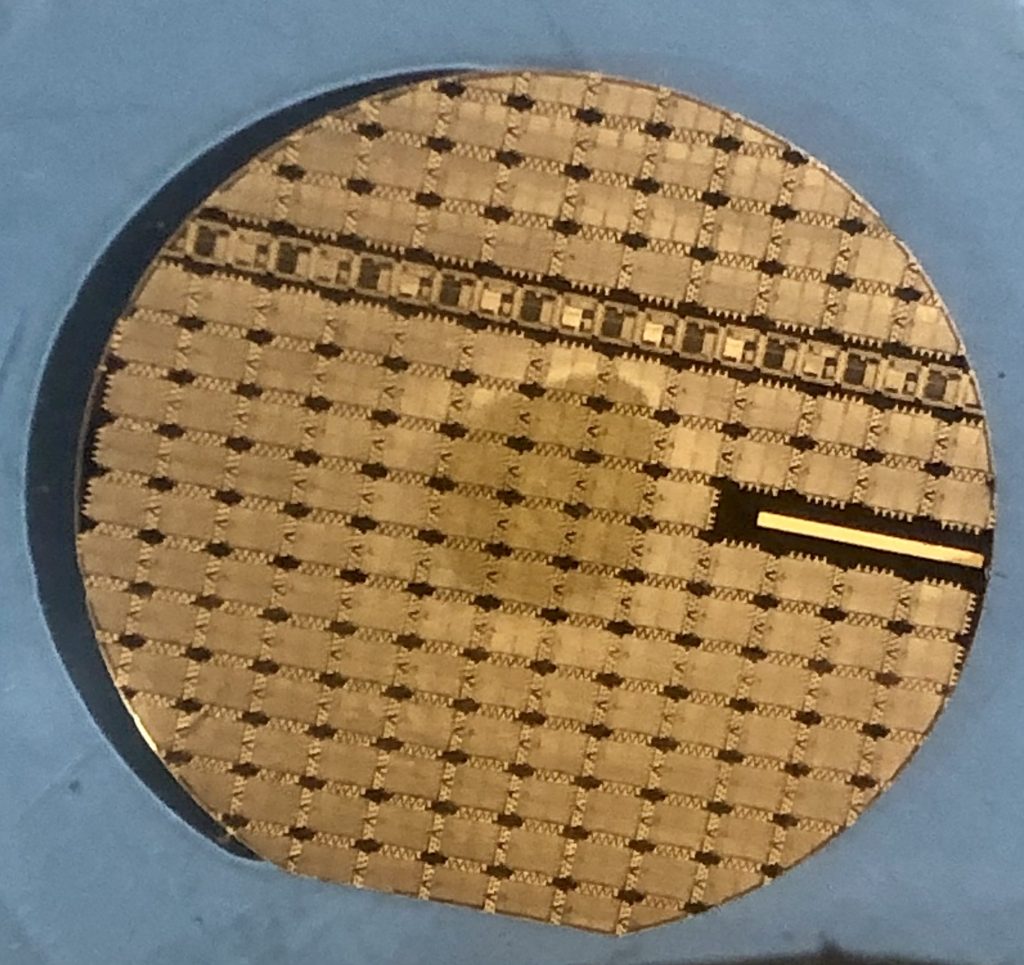
Solid-State Transistor
Bell Laboratories invented the solid- state transistor in 1947 and produced it in the first transistor production line at the Western Electric facility in Allentown, which is now next to Coca-Cola Park. The solid-state transistor was the forerunner to the computer chip and, arguable, ushered in the Information Age.
https://www.mcall.com/news/mc-xpm-2007-03-04-3712894-story.html
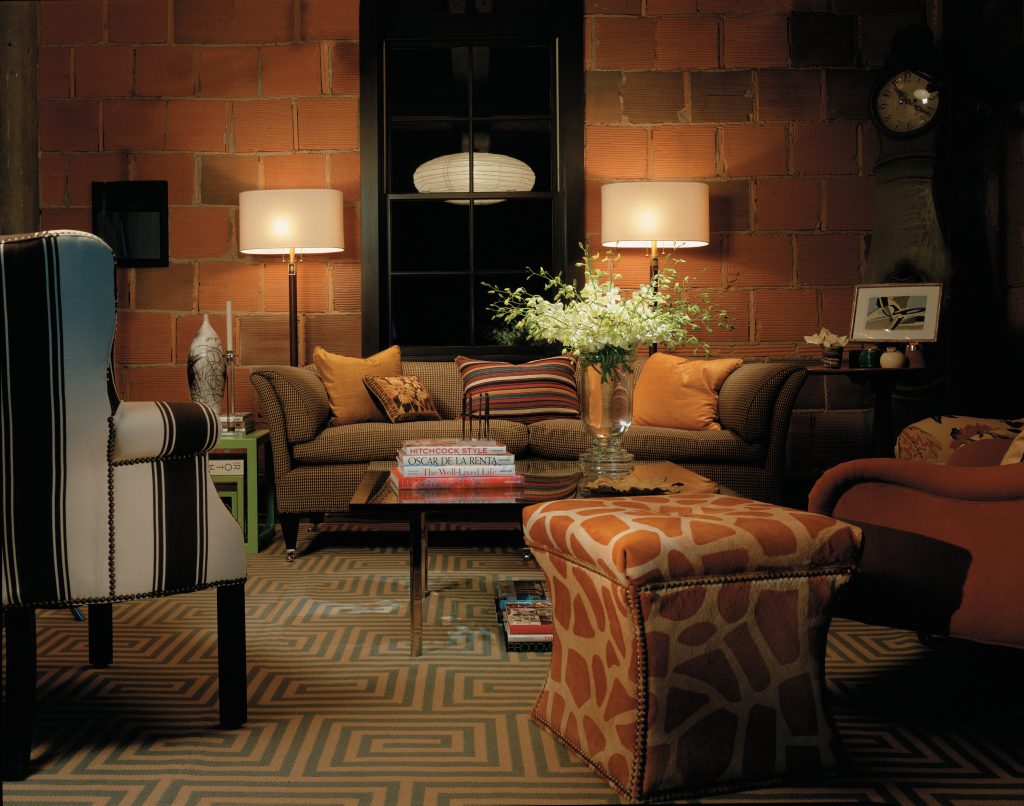
The First Electronic Dimmer
Joel Spira invented the solid-state electronic dimmer switch and started his company, Lutron Electronics, in Center Valley a half century ago. His drawings and the original dimmer are housed in the Smithsonian Institute’s electronic section next to those of Thomas Edison. Lutron is now a global leader, making smart thermostats, window shades and lighting. Its lighting control systems can be found everywhere from the Lincoln Financial Field in Philadelphia to the Guggenheim Museum in Bilbao, Spain.
https://www.lutron.com/en-US/Company-Info/Pages/AboutUS/OurStory.aspx
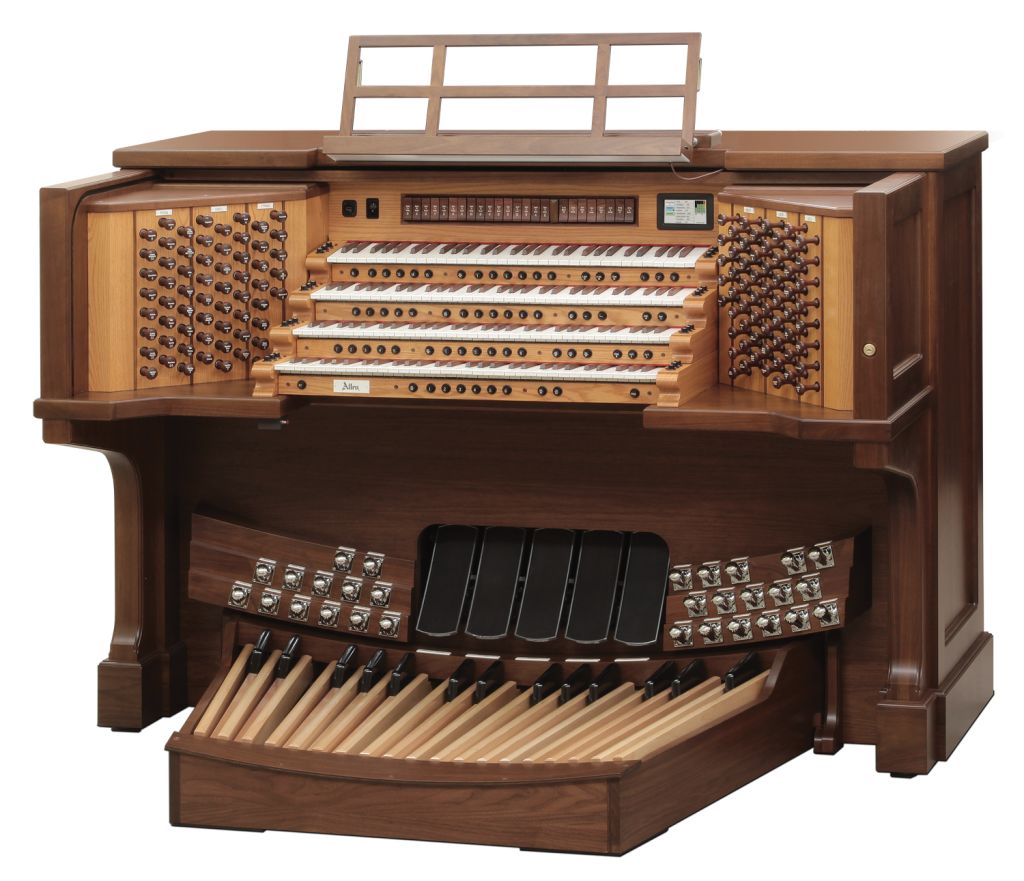
The First Digital Organ
Allen Organ, an 85-year-old musical organ manufacturer in Macungie, pioneered the first digital organ. It was the product of a collaboration with North American Rockwell International, using technology developed for the Apollo Space program and Allen’s musical expertise. The invention was unveiled in 1971 at the National Association of Music Merchants show. Allen later offered patent licenses to other organ and synthesizer manufacturers. Allen’s first digital organ, originally developed for St. Andrew’s Evangelical Church in Easton, is now in the Smithsonian Institution.
https://www.allenorgan.com/TheHistoryOfTheDigitalOrganAndSamplingSteveMarkowitz.pdf
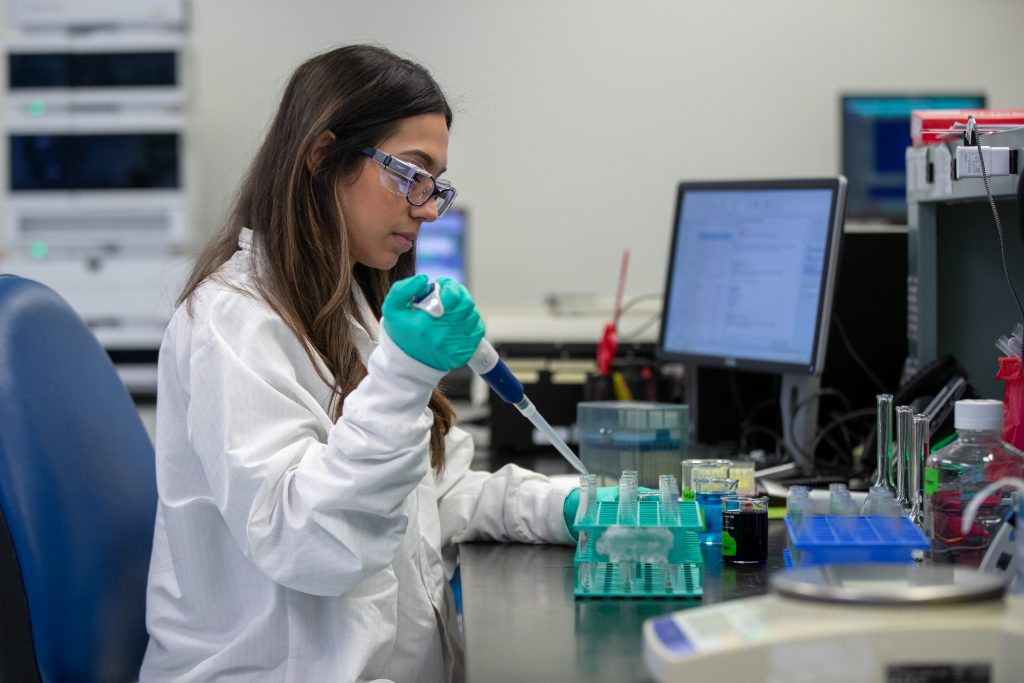
World’s First Oral HIV Test
The world’s first oral HIV test was developed by OraSure Technologies in Bethlehem. Now a global leader in point-of-care testing and sampling technologies, the company traces its roots to the 1980s when four entrepreneurs developed a wipe-on sunscreen with the support of Ben Franklin Technology Partners. OraSure introduced the first professional use rapid HIV test in 2002 and then an over-the-counter fluid test a decade later. The company has also produced other high-profile testing for diseases, including Ebola and COVID-19.
